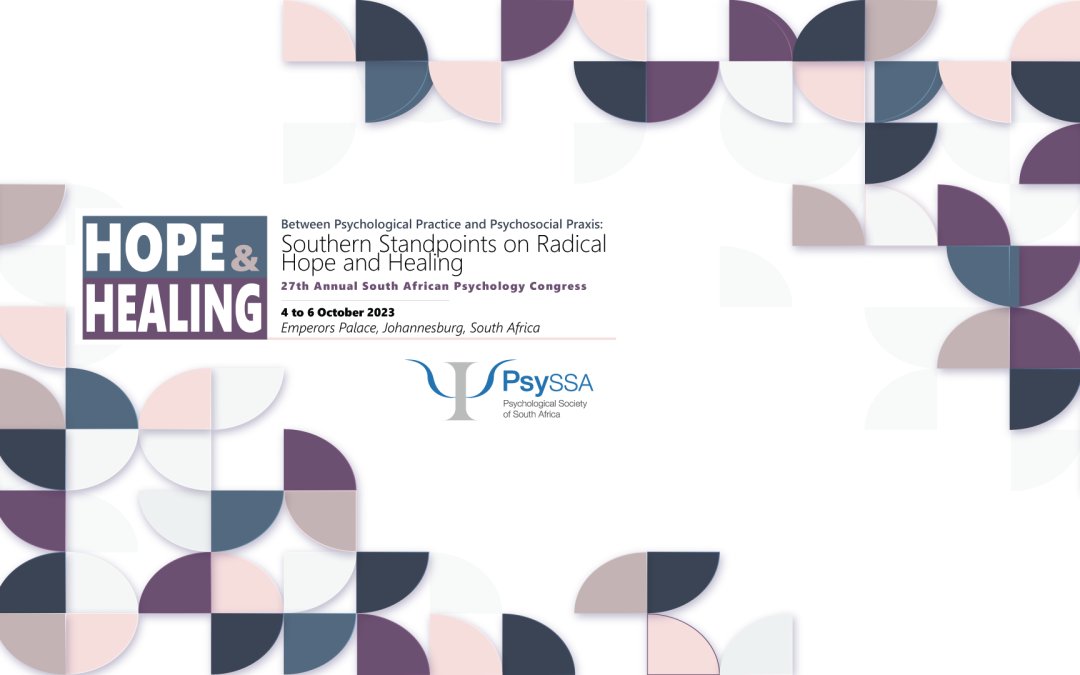2023 CONGRESS CALL
Between Psychological Practice and Psychosocial Praxis: Southern Standpoints on Radical Hope and Healing
We are pleased to announce the upcoming conference on the theme Between Psychological Practice and Psychosocial Praxis: Southern Standpoints on Radical Hope and Healing.
Colonialism as a global system of suffering has meant that the vast majority of those in the Global South have endured unprecedented scales of psychic, material and cultural suffering. At the same time, those in the South have also practiced radical kinds of psychosocial healing that are attuned to the structural nature of colonial wounding. As such, in the context of the South, there is a rich history of radical thought and action that fuses together resistance and generativity. As central to this history, hope and healing have been interminably connected to broader social issues, contexts and processes. Today, we see the legacy of these radical iterations of hope and healing in the practices of social justice and transformative action that are attuned to the realities of the present while also striving towards and experimenting with future possibilities for emancipation.
Psychologies that root themselves in these histories of hope and healing commit to fostering the kinds of critical consciousness fundamental to catalysing transformative action from within Southern standpoints and realities. These psychologies acknowledge the socio-historical and cultural contexts of the collectives and individuals whom they endeavour to serve, and are thus in alignment with the decolonial shift that foregrounds indigenous ways of doing and knowing. It is, therefore, from within and in response to the interlocking structural crises of our moment that we find psychosocial praxes attuned to hope and healing; praxes that take seriously the inhumane histories that shape our structurally violent present and that move towards a yet-to-be realised future that recognises the flourishing of all humanity.
Deriving from the dialectics of historical and contemporary crises and apprehensions, the undeniable wounding that marks the social order, and current liberatory resurgences in Africa and elsewhere in the Global South, the 27th Annual South African Psychology Congress seeks to centre and inscribe critical and emancipatory movements, possibilities and imperatives within the science, practice and profession of psychology. The Congress Scientific Committee invites submissions from practitioners, scholars, researchers, educators, students, community organisers, activists and policymakers that engage and contribute to psychologies that are rooted in disciplinary critiques and directed towards Southern-centric articulations, applications, reflexivities and praxes. The Committee encourages both conventional and non-traditional submissions across the different areas of psychology.
The 27th Annual South African Psychology Congress will be held at Emperors Palace, Johannesburg, South Africa from the 4th to 6th October 2023.
PsySSA looks forward to receiving your submissions and to your participation in this important annual event.







